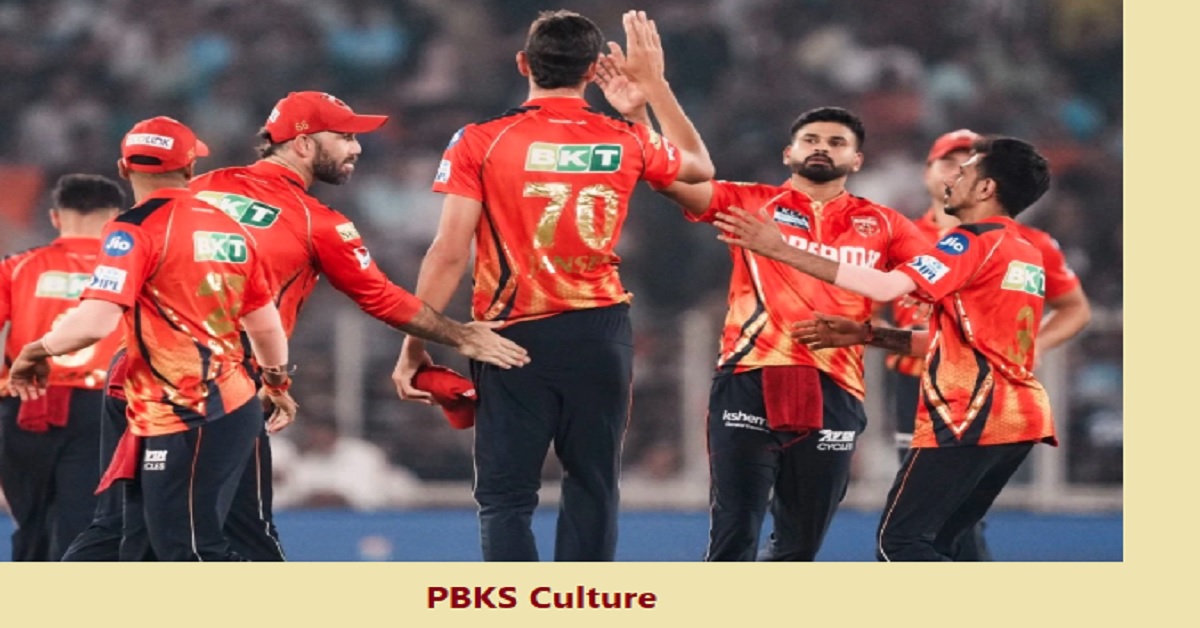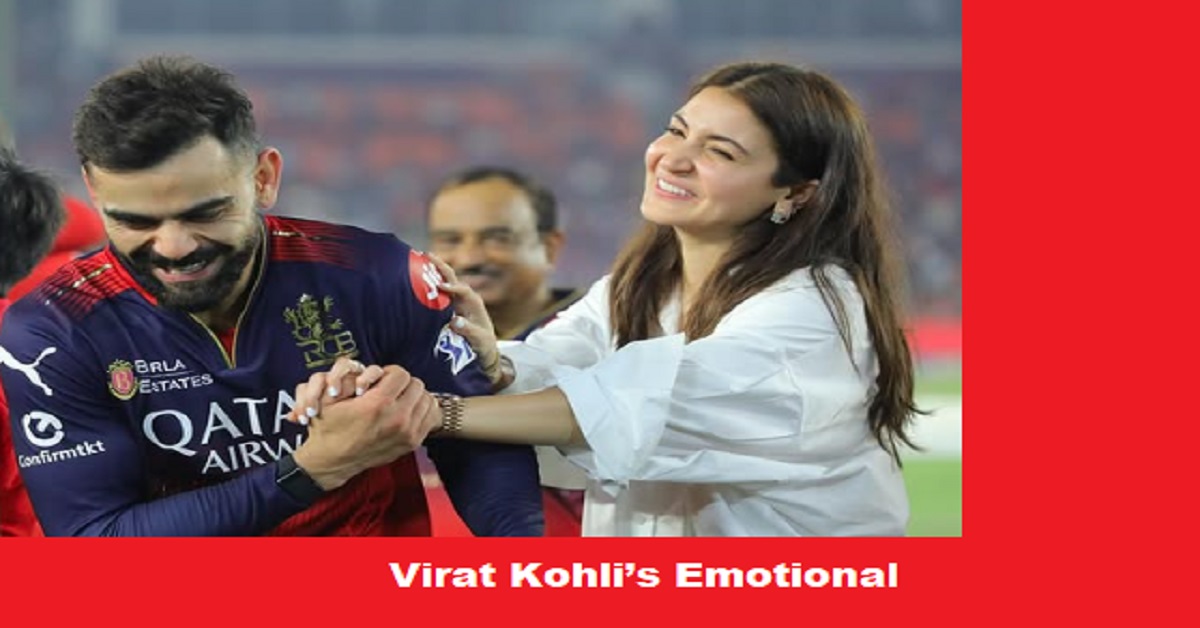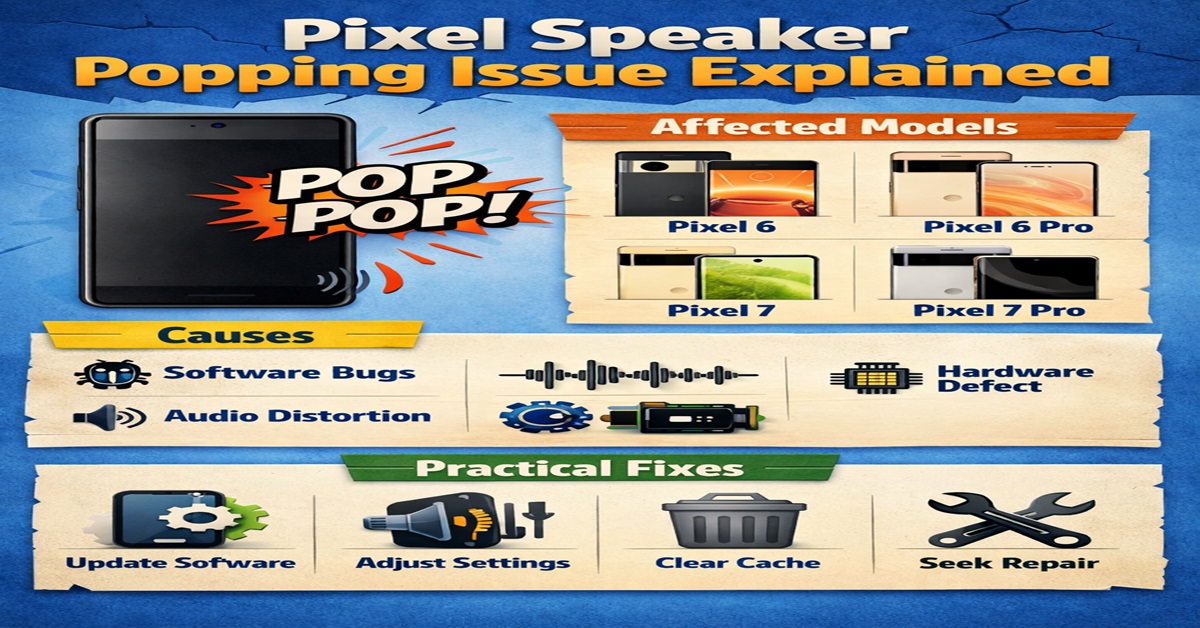Introduction: A New Dawn for Punjab Kings
Let’s be real—Punjab Kings (PBKS) hasn’t exactly been the most consistent team in IPL history. But something feels different this season. There’s a buzz, a fresh vibe, a visible shift in how the players carry themselves. So, what changed? Two words: Ricky Ponting and Shreyas Iyer.
These two aren’t just here to win games. They’re here to redefine what it means to be a team. This article breaks down how these two cricketing minds are completely overhauling PBKS’s culture—starting from the dressing room to every fan’s living room.
The Power of Positive Culture in Cricket
Why Team Culture Matters
In high-pressure tournaments like the IPL, talent can only take you so far. What separates champions from also-rans? Team culture.
Culture is that invisible thread that ties everyone together. It impacts how players treat each other, how they respond to failure, and how they celebrate success.
PBKS: A Team in Need of Change
Let’s not sugarcoat it. PBKS has been a revolving door of players and coaches. Inconsistency, lack of identity, and internal chaos often plagued the franchise. They needed more than a star player—they needed a cultural reset.
Ricky Ponting: The Mastermind of Team Transformation
Ponting’s Coaching Philosophy
Ponting isn’t just a former Aussie skipper with trophies. He’s a student of the game. His mantra? “Treat everyone like a human first, player second.”
He believes that when players feel secure and respected, performance follows naturally. Sounds simple, but it’s revolutionary in environments where ego often takes center stage.
Lessons from His Time with Delhi Capitals
Remember how he turned Delhi Capitals from bottom-dwellers to title contenders? It wasn’t magic. It was method. He instilled discipline, unity, and belief. And now, he’s scripting a similar story with PBKS.
Shreyas Iyer: The Bridge Between Management and Players
Leadership Beyond Titles
Though Iyer isn’t officially the skipper, his leadership vibes are undeniable. He doesn’t command respect—he earns it. Whether it’s hyping up teammates or calmly guiding young guns, Iyer knows when to lead and when to listen.
How Iyer Sets the Tone for the Team
He’s the kind of player who celebrates your century like it’s his own. He checks on net bowlers, shares laughs with support staff, and keeps everyone’s spirits high. In short, he’s the glue holding this team together.
The “Equality Culture”: Chahal and the Bus Driver Example
A Simple Yet Powerful Philosophy
Here’s the moment that caught everyone’s attention: Ponting revealed that PBKS treats Yuzvendra Chahal and the team bus driver the same way. Wait, what?
Yep, that’s right. No hierarchy. No VIP zones. Everyone eats together, talks together, and travels as one. It’s the ultimate flex of humility.
Impact on Player Morale
This seemingly small gesture sends a massive message—“You matter.” When even the newest player feels seen and respected, they give it their all. That’s not just good for morale; it’s rocket fuel for performance.
Player Reactions to the Cultural Shift
Words from the Dressing Room
Players have openly shared how different the atmosphere feels now. One said, “It’s no longer just about cricket; it’s about being part of something bigger.” That’s the magic of good leadership—it makes you want to belong.
On-field Performance Boost
When players feel valued, they play free. No fear, no baggage—just pure cricket. That’s been visible in PBKS’s recent outings. They’re not just competing; they’re enjoying the game.
The Ripple Effect: PBKS Off the Field
Fan Perception
Fans notice everything. And the vibe this season? It’s contagious. From stadiums to social media, PBKS is getting mad love not just for their game, but their team-first attitude.
Social Media Buzz
That Chahal-bus driver comment? Viral. Instagram reels, memes, Twitter threads—you name it. Fans are lapping up this humane side of cricket, and it’s winning PBKS major brownie points.
Comparing PBKS Culture With Other IPL Franchises
What Sets PBKS Apart Now?
Other teams have talent. But PBKS? They have togetherness. While some squads still struggle with cliques and egos, PBKS has cracked the code—equality breeds unity.
Lessons for Other Teams
If there’s one takeaway here, it’s this: Winning starts off the field. PBKS’s rise is proof that you can’t fake culture. You build it. One handshake, one laugh, one shared meal at a time.
Challenges and Road Ahead
Consistency in Culture
It’s easy to be united when you’re winning. The real test? Staying this tight when losses creep in. The leadership duo will need to reinforce these values consistently.
Maintaining Momentum On and Off the Field
Sustaining culture is a marathon, not a sprint. With a solid core and trusted leadership, PBKS seems up for the challenge. But IPL is a grind, and only time will tell how deep these roots go.
Conclusion: A Team Reborn
The PBKS story this season isn’t just about runs, wickets, or points. It’s about transformation. Ricky Ponting and Shreyas Iyer have done what few imagined—turned a chaotic camp into a culture-first powerhouse.
By putting people first, they’ve built something special. A place where everyone—from the star spinner to the guy driving the team bus—feels seen, heard, and valued.
This isn’t just a cricket team. It’s a family. And that might just be the most dangerous thing in this IPL.
FAQs
1. Who first mentioned the equality culture at PBKS?
Ricky Ponting highlighted it during a recent interview, referencing how PBKS treats Chahal and the bus driver the same.
2. What role does Shreyas Iyer play in PBKS?
Though not the official captain, Iyer acts as a key leader and morale-booster, bridging the gap between players and management.
3. How has the new culture impacted PBKS’s performance?
Players seem more relaxed and motivated, resulting in better on-field chemistry and improved performances.
4. Is this cultural change sustainable?
It can be, provided the leadership stays committed and consistent even during tough phases.
5. Can other teams replicate PBKS’s approach?
Yes, but it requires genuine intent, not just policy changes. Culture is built with actions, not slogans.








